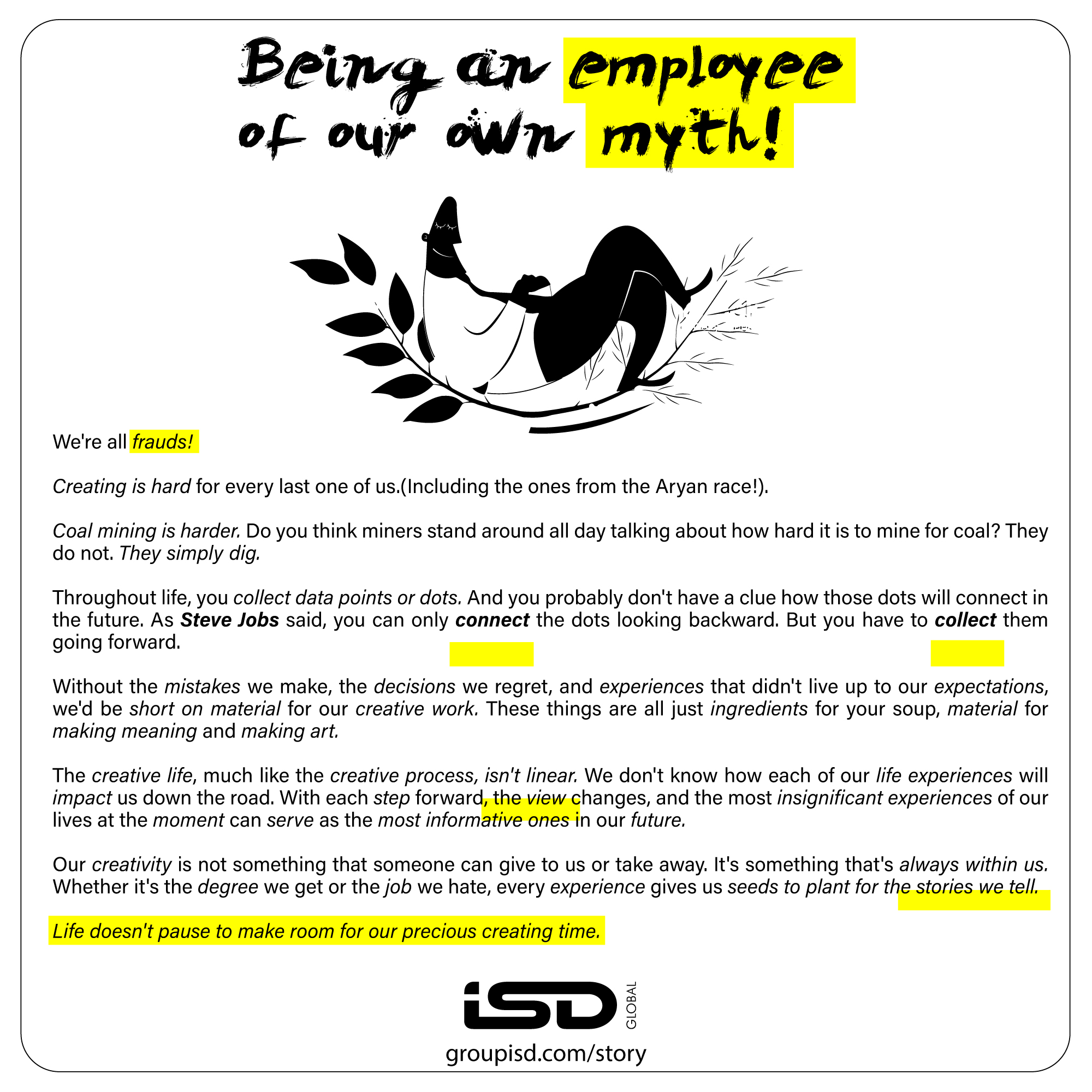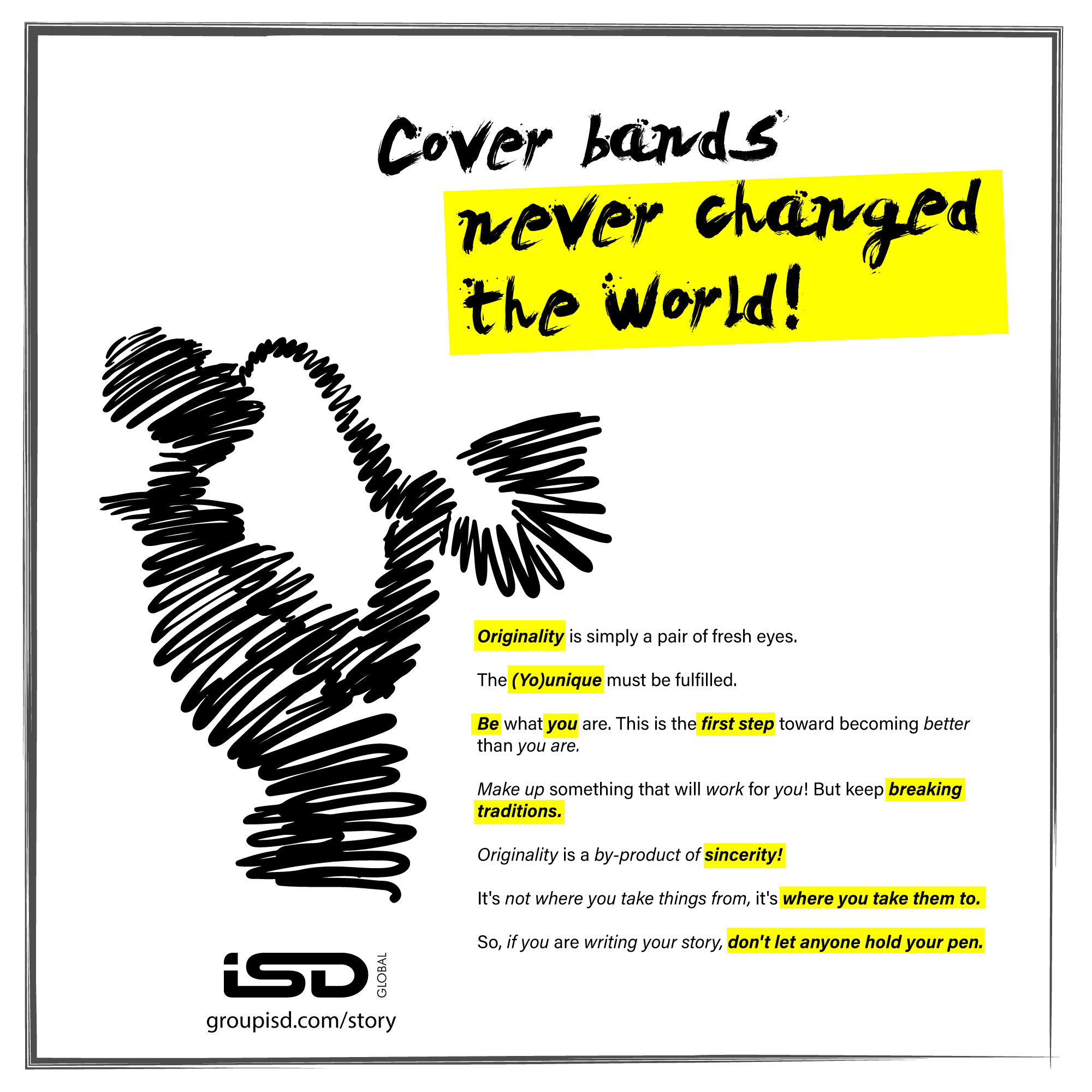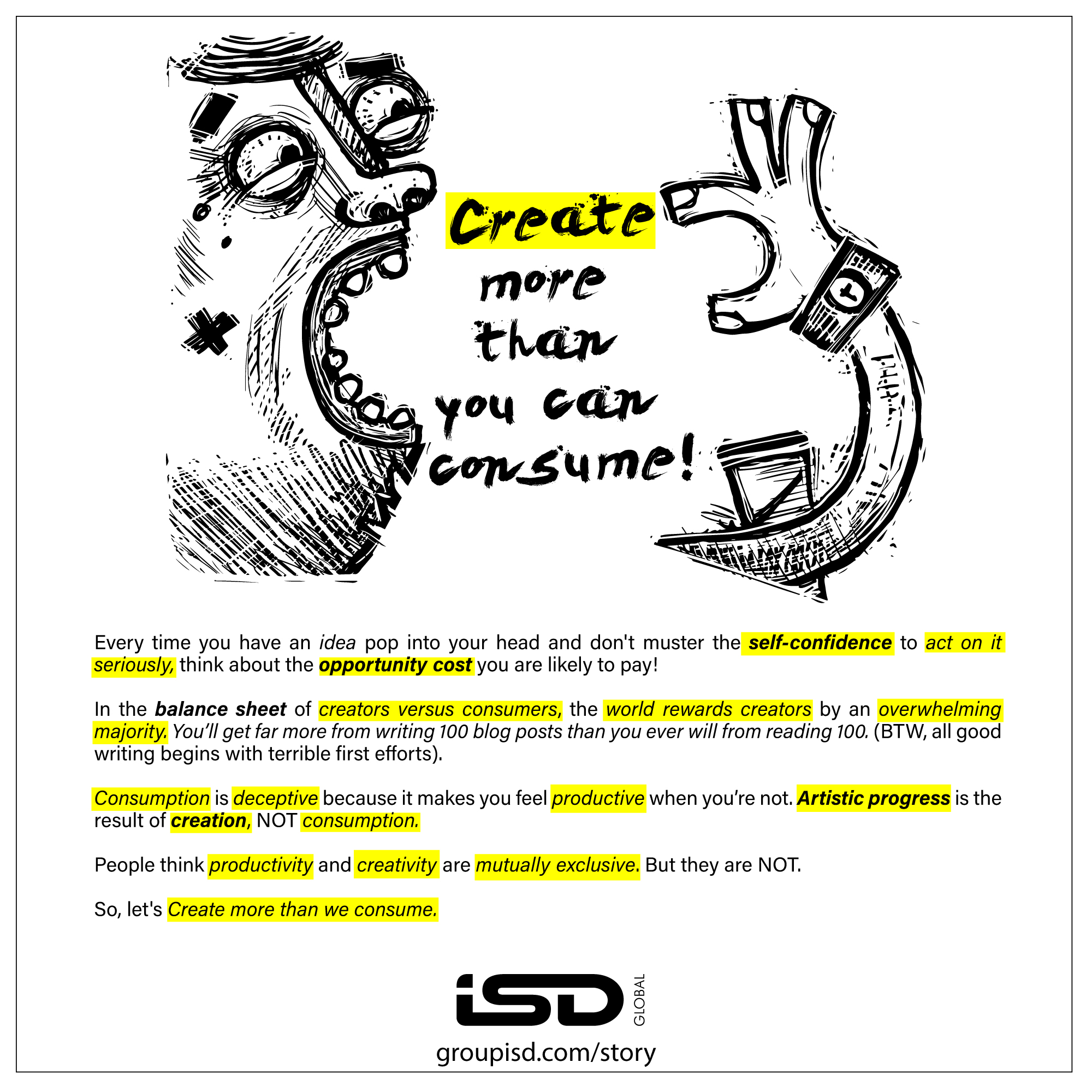[Caveat Emptor: A long, long post(Pl feel free to say ‘ so long ‘ and move on). And, there is nothing officially or unofficially religious about this].
And this Emperor has no marketing budget, mind you.
It was when darkness met its match. In the sacred month of Karthik. When Lord Rama returned to Ayodhya after fourteen years—not just as a prince, but as a promise kept—the people didn’t just light lamps. They lit hope itself.
Imagine: an entire kingdom holding its breath for 5,110 sunsets, and then finally…finally… exploding into light.
That’s what Diwali is. A collective exhale of joy so powerful, it’s been echoing for millennia.
But what really intrigues me – It wasn’t just about Rama’s homecoming. It was Sita’s resilience. Hanuman’s devotion. Lakshman’s loyalty. It was about ordinary citizens lighting diyas with trembling hands and extraordinary faith, creating a runway of light for their beloved king. A take off of optimism landing on the tarmac of faith.
They didn’t have much. But they had each other. And earthen lamps. And a belief that good must—must—come home.
Fast forward to today, and we’re still doing it. Still lighting those same clay lamps. Still believing in the same stubborn, irrational, beautiful idea that light will win.
Because let’s be honest—the last few years have tested us. The world’s been heavy. The news has been relentless. There have been days when hope felt like a luxury we couldn’t afford.
And yet.
And yet here we are, buying sweets we will regret eating, wearing clothes that’ll be too tight by dessert, hugging relatives we only see once a year, and lighting diyas that’ll blow out in the wind—only to light them again. And again.
That’s the real miracle of Diwali, isn’t it?
Not that darkness ends, but that we refuse to let it win. Not that life is perfect, but that we celebrate it anyway. Not that we’re always together, but that when we are—oh, when we are—it feels like the whole universe is conspiring to make us happy.
The curiosity that started this investigation. It’s October 2025. Every brand in India (and increasingly a lot of them around the world) is scrambling to create their “Diwali campaign.” Millions are being spent on celebrity endorsements, elaborate productions, emotional storytelling, and social media blitzes.
Meanwhile, Diwali itself—the actual festival—is doing what it’s done for 5,000+ years.
No CMO. No agency retainer. No quarterly brand health tracking.
Just… winning. Every. Single. Year.
Which begs the question I couldn’t ignore:
What does Diwali know about branding that the rest of us have forgotten?
First things first. What even is a Festival Brand? I am taking the liberty of defining it as something that operates at the intersection of Cultural mythology (the story we tell), Ritual behavior(the actions we repeat), Emotional payoff (the feelings we seek), Social currency (the belonging we crave), Economic activity (the commerce we enable).
By this definition, every festival is attempting to be a brand? Christmas. Eid. Holi. Thanksgiving. Passover. Baisakhi.
Here’s the question we want to put out there: Most festivals are regional champions. Is Diwali the global emperor?
Let me try to rationalise this line of thought( and pl feel free to disagree, debate, diverge):-
a)
-Let’s examine the competitive landscape :
Christmas dominates the West but struggles with religious exclusivity. Its origin story (the birth of Christ) is locked into Christian theology.
Eid is profound and beautiful but primarily celebrated within Islamic communities. Its brand equity is deep but narrow.
Chinese New Year travels well but remains ethnically anchored. You can celebrate it, but you’re always celebrating someone else’s new year.
Thanksgiving can’t escape being American (or Canadian). Try exporting that turkey dinner to Tanzania.
Now observe Diwali:
A Hindu festival, yes. But also a Sikh celebration (Bandi Chhor Divas). Also a Jain observance (Mahavira’s nirvana). Also a Buddhist recognition in some traditions. Also increasingly, a secular celebration of “good over evil” that resonates universally.
The enquiry deepens: How did one festival become the mother ship for multiple origin stories without losing coherence?
Answer: The brand idea is bigger than any single narrative.
Light over darkness. Knowledge over ignorance. Good over evil. Hope over despair.
These aren’t Hindu ideas. These aren’t Indian ideas. These are human ideas wrapped in an Indian aesthetic.
That’s not cultural appropriation. That’s cultural generosity. And it’s genius branding.
In summary, the Emperor just doesn’t cross borders, but erases them.
b)
Here’s something peculiar you would have noticed:
Diwali is simultaneously elite and accessible.
The Ambani family lights their skyscraper. The street vendor lights his cart. Both are “doing Diwali” correctly. Neither is more authentic than the other.
Compare this to most luxury brands (aspirational but exclusive) or mass brands (accessible but pedestrian). Diwali manages to be both aspirational AND inclusive.
How?
The core ritual is laughably simple: light a lamp. That’s it. A clay diya costs ₹5(or even lesser). Anyone can participate.
But the expression of that ritual? Infinitely scalable.
- Gold diyas on Italian marble
- Diamond-encrusted rangolis
- Designer ethnic wear
- Premium gift hampers
- Luxury travel for homecoming
The poor participate fully. The rich can elevate endlessly. Same brand, infinite price points.
Query: What other brand has achieved this democratic luxury at scale?
We’re still looking.
In summary, the Emperor mastered the art of democratic luxury.
c)
Here’s where it gets even more interesting.
Most festivals have fixed rituals. Christmas: tree, carols, Santa, gifts. Deviate, and it feels wrong.
Diwali? Diwali is a brand that says “yes, and…”
In Bengal: Yes, light the diyas, AND worship Kali. In Punjab: Yes, celebrate Rama’s return, AND honor Guru Hargobind’s release. In West| South India: Yes, Lakshmi Puja, AND also it’s the day Krishna defeated Narakasura. In Jainism: Yes, the lights, AND it’s Mahavira’s moksha. In modern secular India: Yes, the mythology, AND also it’s family time, shopping season, bonus season, new beginning season.
It’s not brand dilution. It’s brand expansion.
The question we’re sitting with: Is this what true brand strength looks like—not rigidity, but the confidence to let others add to your story?
In summary, the Emperor doesn’t compete, it absorbs.
d)
Watch a five-year-old light a diya. Now watch an eighty-year-old do the same.
Both feel the same wonder. Both are participating in the same ritual. Both believe they’re doing something important.
When was the last time you saw a brand that equally captivated a toddler and their great-grandmother?
Disney comes close. Apple tries. But they’re generationally segregated—kids get different products than adults.
Diwali gives everyone the same diya and says: “This is for you. Exactly as you are.”
The child thinks it’s magic. The teenager thinks it’s tradition. The adult thinks it’s nostalgia. The elder thinks it’s legacy.
Same product. Four different value propositions. Zero market segmentation.
Enquiry: What if the best branding isn’t about targeting demographics but about creating meaning flexible enough to meet people where they are?
In summary, the Emperor has cracked inter-generational marketing.
e)
Here’s the distribution strategy that should make every marketer weep with envy:
Diwali doesn’t distribute itself. We distribute it.
Every household becomes:
- A manufacturing unit (making sweets, snacks, rangoli)
- A retail store (gifting to others)
- A marketing channel (inviting people over)
- A brand ambassador (teaching children the rituals)
- A content creator (social media posts of celebrations)
The festival doesn’t push itself into our lives. We pull it in. We insist on it.
Imagine if Coca-Cola didn’t need factories because every family made Coke in their kitchen and gave it to neighbors. And felt proud doing it. And would be devastated if they couldn’t.
That’s not a supply chain. That’s a movement.
Question: At what point does a brand stop being consumed and start being embodied?
In summary, the Emperor’s Supply Chain Is Its Audience.
f)
5,000 years.
Five. Thousand. Years.
That’s roughly 50,000 Diwalis. 50,000 annual campaigns. Not one of them required a creative brief.
But here’s what you notice about longevity:
Diwali hasn’t survived by being rigid. It’s survived by having a fixed core with infinite flexibility.
The Core (Never Changes):
- Light over darkness
- Good over evil
- The act of lighting a lamp
- Coming together
The Flex (Always Changing):
- Clay diyas → electric lights → LED installations → eco-friendly options
- Physical gatherings → phone calls → video calls → WhatsApp forwards
- Handmade sweets → store-bought → gourmet → diet-conscious options
- Local celebrations → national → global diaspora events
The brand essence remains. The brand expression evolves.
Enquiry: What if brand consistency isn’t about doing the same thing forever, but about staying true to a core idea while allowing infinite interpretation?
In summary, the Emperor plays the long game( really long!).
g)
Notice what Diwali doesn’t do:
It doesn’t justify itself. It doesn’t explain why you should celebrate. It doesn’t have a mission statement or brand guidelines.
It just… invites.
“Light a lamp. Make some sweets. Invite people over. Be happy.”
There’s no hard sell. No FOMO marketing (though plenty of FOMO exists). No complicated value proposition.
The invitation is simple. The experience justifies the invitation.
Compare this to modern brands that spend millions explaining why you need them, convincing you of their purpose, proving their authenticity.
Diwali proves itself by being itself.
Question we’re wrestling with: What if the brands that explain the least are actually the most confident?
In summary, the Emperor doesn’t explain, it invites.
Now, how does the Emperor expand? Make geography, history!
India: Obviously. 1.4 billion subjects.
Nepal: Tihar festival, essentially Diwali across five days.
Sri Lanka: Deepavali, celebrated by Tamil communities.
Malaysia & Singapore: National holiday in some states. Major commercial event.
Fiji, Mauritius, Trinidad, Guyana, Suriname: Wherever the Indian diaspora went, Diwali went. And flourished.
UK, USA, Canada, Australia, Netherlands,UAE, Mauritius : Now celebrated in major cities with public events, governmental recognition, even on the stock exchange (NYSE has observed Diwali, Burj Khalifa branding, Diwali in Dubai etc).
Notice the pattern: Diwali doesn’t conquer through force. It migrates through people. And then it converts others through experience.
You come to your Indian friend’s Diwali party. You light a diya. You taste some mithai. You feel the warmth.
Next year, you ask when Diwali is. Because you don’t want to miss it.
That’s not marketing. That’s magic. Brand advocacy hitherto never done or seen.
Observation: The best brand expansion doesn’t happen through advertising. It happens through advocates who say “come, experience this, you’ll understand.”
And, of course, the economics of it. Let’s be brutally commercial for a moment.
Diwali is potentially the world’s largest annual economic event tied to a single festival.
Consider:
- Retail: $30+ billion in India alone during the Diwali season
- Gold: 40% of annual gold sales happen around Diwali
- Real estate: Major buying season; developers launch specifically for Diwali
- Automobiles: Highest sales month
- Electronics: Rivals Black Friday
- Travel: Busiest travel period in India
- Hospitality: Hotels, restaurants, caterers fully booked
- Staffing: Bonus season, employment spike
And here’s the kicker: Diwali isn’t selling any of this. Diwali isn’t taking a cut. Diwali enables commerce without needing commerce to survive.
Query: What if the most powerful brand position is to be the occasion for other brands to matter, rather than competing with them?
You would have noticed something fascinating in action, in global pop culture:
Diwali is increasingly everywhere: Soft Power in action!
- Hollywood celebrities posting Diwali greetings
- Major TV shows (The Office, Mindy Project, Never Have I Ever) featuring Diwali episodes
- Global brands (Apple, Google, Facebook) creating Diwali campaigns
- Cities worldwide (NYC, London, Melbourne, Dubai) hosting Diwali festivals
- Politicians (UK Prime Ministers, US Presidents) issuing Diwali statements
This isn’t India pushing Diwali. This is global culture pulling it in.
Why? Because in a world that feels increasingly dark—politically, environmentally, socially—a festival that simply says “let’s light lamps and be together” feels less like a cultural export and more like a universal need.
Observation: The brands that win globally aren’t the ones that shout the loudest. They’re the ones that fill a void we didn’t know we had.
As we come close to this really loooong post, lets get to The Heart of the Enquiry: What Is Diwali Actually Selling?
Strip away the mythology, the rituals, the sweets, the fireworks, the gold jewelry, the new clothes, the family gatherings, the religious significance.
What’s left?
A promise. A very simple, very profound promise:
“Darkness is temporary. Light wins. You are not alone.”
That’s it. That’s the whole brand promise.
Everything else—every ritual, every tradition, every regional variation—is just a different way of keeping that promise.
And here’s why that makes Diwali potentially the emperor:
Because that promise never goes out of style. It never gets old. It never becomes irrelevant.
Economic recession? Light a diya; prosperity will come. Personal loss? Light a diya; hope remains. Global pandemic? Light a diya; we’re together in spirit. Climate anxiety? Light a diya; we’ll find solutions. Political division? Light a diya; humanity persists.
Observation: The brands that endure aren’t selling products or even experiences. They’re selling promises that resonate with permanent human needs.
Conclusion: What the Emperor Teaches Brand Builders
After this deep enquiry, here’s what we at State Of The Heart Branding(SOHB Story) believe Diwali demonstrates:
1. Start with Meaning, Not Marketing Diwali didn’t begin with a positioning statement. It began with a story so meaningful that marketing became unnecessary.
2. Make Your Brand Idea Bigger Than Your Brand Story Rama’s return is one story. Light over darkness is the idea. The idea can hold infinite stories.
3. Design for Participation, Not Consumption People don’t just celebrate Diwali. They make Diwali happen. That’s the difference between customers and co-creators.
4. Build Rituals, Not Just Touchpoints Touchpoints are moments. Rituals are commitments. One is transactional. The other is transformational.
5. Be Confidently Flexible Know your core so well that you can let everything else evolve. Rigidity kills brands. Flexibility sustains them.
6. Cross Boundaries, Don’t Protect Them The brands that hoard their identity eventually lose it. The brands that share it generously find it amplified.
7. Sell Hope, Not Products Products are what people buy. Hope is what they believe in. Sell belief, and product sales follow.
8. Play the Infinite Game Diwali isn’t trying to win this year. It’s trying to still matter in 5,000 more years. That changes everything.
The Final Question: Are We Asking Diwali to Teach Us, or Are We Afraid of What It Might Say?
Here’s the uncomfortable truth this enquiry revealed:
Diwali succeeds because it doesn’t think like a brand.
It doesn’t segment markets. It invites everyone. It doesn’t protect IP. It shares freely. It doesn’t maximize this quarter. It thinks in millennia. It doesn’t manufacture scarcity. It creates abundance. It doesn’t demand loyalty. It earns love.
And perhaps that’s the real lesson:
The moment we try to “brand” something the way Diwali is branded, we’ve already failed. Because Diwali isn’t branded. It’s believed.
Which leaves us with one final, humbling enquiry:
What if the emperor of festival brands is emperor precisely because it refuses to be a brand at all?
What if it’s something bigger? Something older? Something we’ve forgotten in our quarterly earnings calls and market share battles?
What if it’s just… true?
Studying Diwali has reminded us of something crucial:
The best brands don’t create meaning. They reveal it. They don’t manufacture feelings. They give voice to what we already feel. They don’t tell us what to want. They remind us what we’ve always wanted.
Light. Love. Home. Hope.
That’s the empire. That’s the emperor. That’s Diwali.
And maybe—just maybe—if we build brands with that kind of truth, that kind of heart, that kind of generosity…
Maybe we’ll create something that lasts.
Not 5,000 years. (Let’s not get ahead of ourselves.)
But longer than a campaign. Deeper than a tagline. More meaningful than a market share.
Maybe we’ll create something that matters.
Happy Diwali To One and All.



